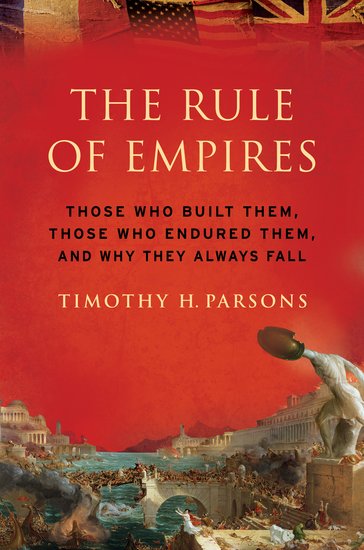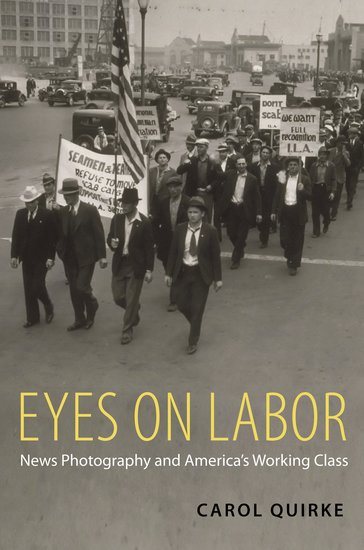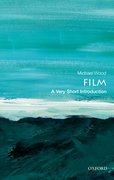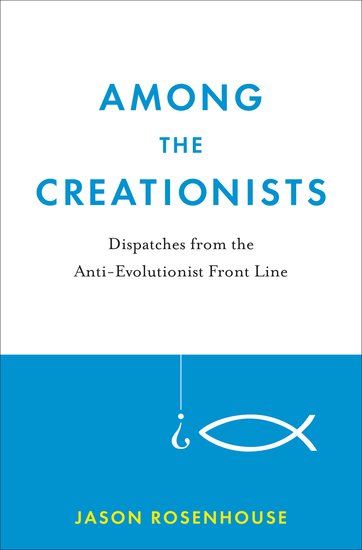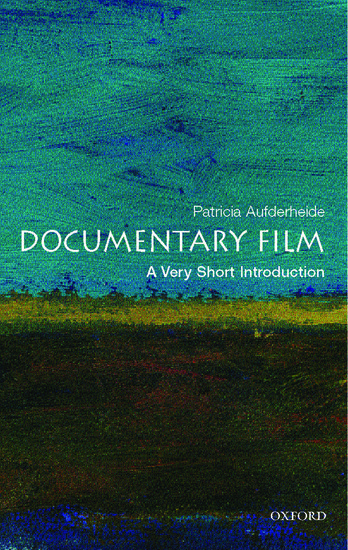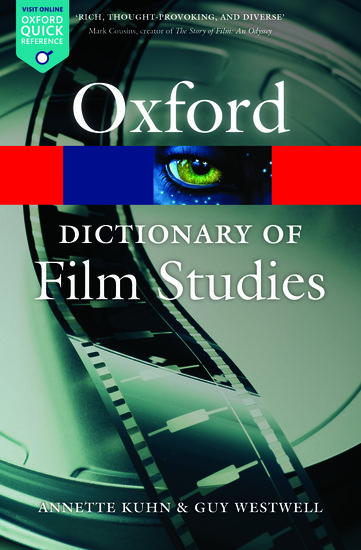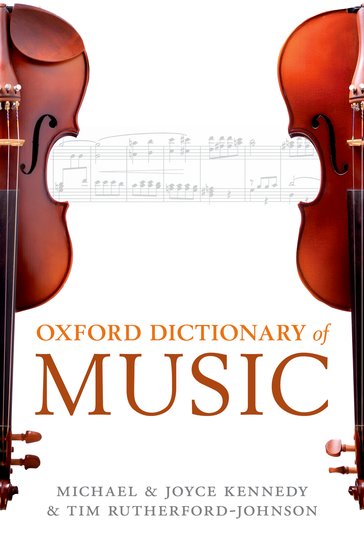Is America an empire?
By Timothy H. Parsons
The intense controversy that this question engenders is remarkable. On the left, critics of assertive American foreign, military, and economic policies depict these policies as aggressively immoral by branding them “imperial.” On the right, advocates for an even more forceful application of American “hard power,” such as Niall Ferguson and the other members of his self-described “neo-imperialist gang,” argue that the United States should use its immense wealth and military might to impose order and stability on an increasingly chaotic world.

